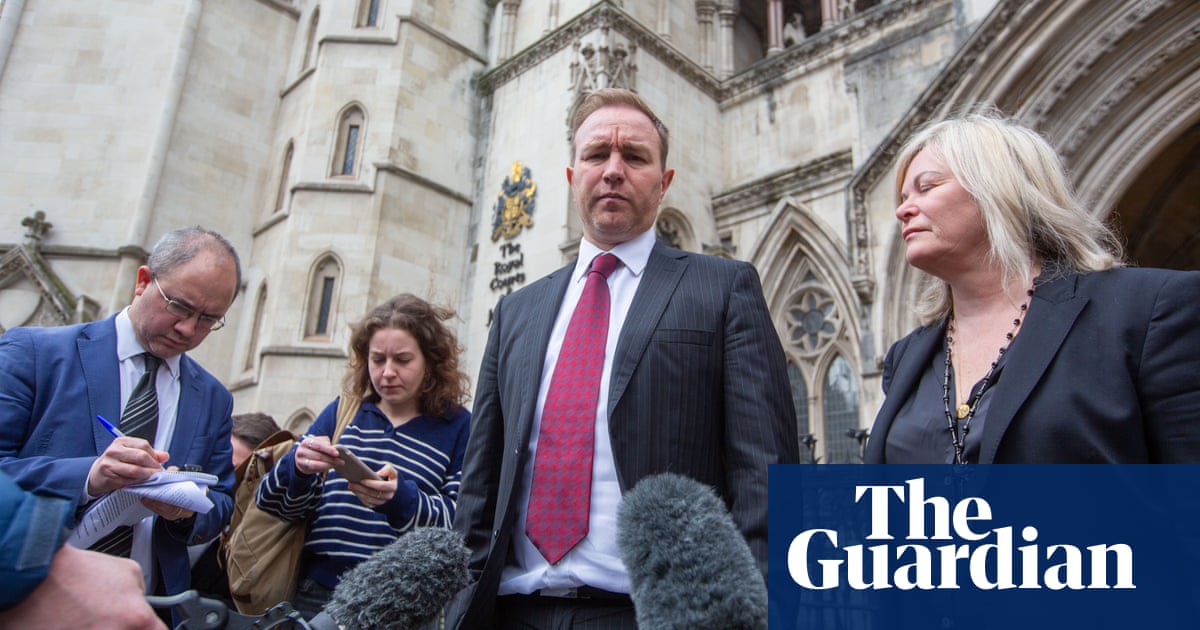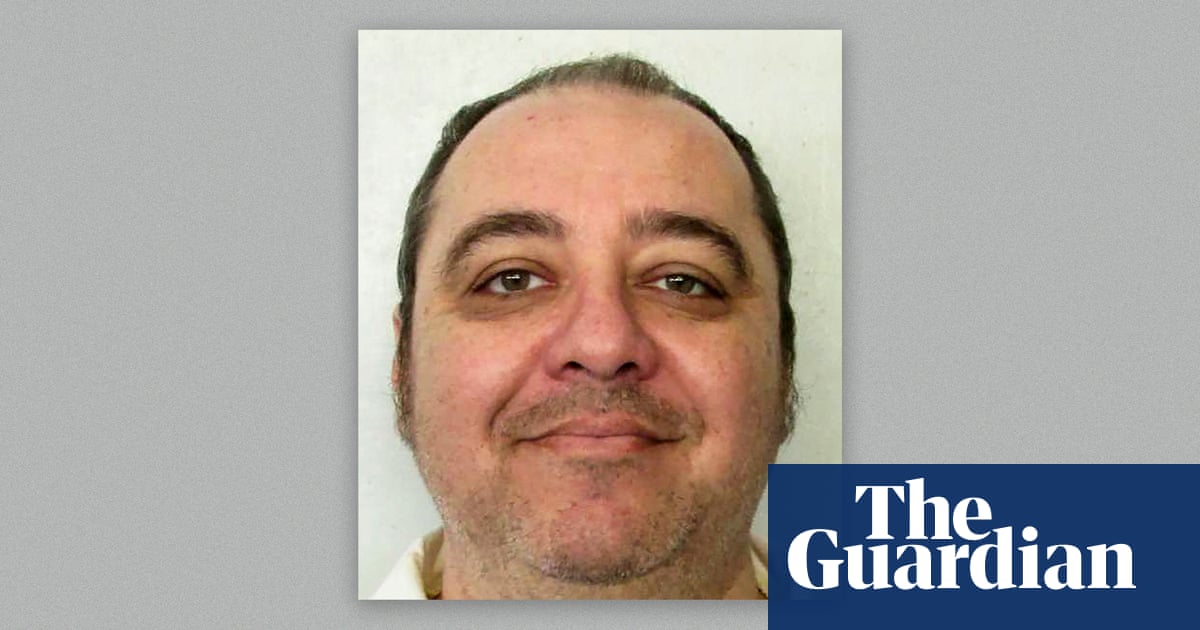
Tom Hayes, the first banker to be convicted over the Libor interest rate scandal, has said he is “not a quitter” and vowed to continue his near-10-year battle to clear his name after losing an appeal.
Hayes and another former banker, Carlo Palombo, had their convictions considered by the court of appeal in London in a three-day hearing. On Wednesday, it rejected their cases.
Hayes was found guilty in 2015 of several charges of conspiracy to defraud by “rigging” the now-defunct London Interbank Offered Rate (Libor). He served five and a half years in a UK prison and was released in January 2021.
Libor was a major interest rate benchmark that at its peak underpinned $300tn of financial contracts, including derivatives, bonds and loans. It has since been replaced by alternative interest rate benchmarks.
Palombo, another banker, was sentenced to four years in prison in 2019 for rigging Euribor – the euro version of Libor.
Speaking outside the Royal Courts of Justice after the ruling, Hayes said the judges’ decision had been “a shock” and that he would try to appeal to the supreme court.
The former UBS and Citigroup trader said his situation was “not consistent” with laws in France, Germany and the US. “We’re in a very, very sort of Alice in Wonderland situation here,” he said, adding: “I’m used to losing.” He also said: “I’m a fighter, not a quitter. We haven’t given up.”
A spokesperson for the Serious Fraud Office said: “The court of appeal’s judgment is clear that these convictions for fraud are still as relevant today as 10 years ago. No one is above the law and the court has recognised that these convictions stand firm.”
The two men have 14 days to seek permission to appeal to the UK’s supreme court on a point of public law.
The two bankers were among the individuals prosecuted in the wake of the Libor-rigging scandal, which erupted in 2012 and led to Barclays paying a £290m fine to US and UK authorities – the first of $9bn-worth of Libor-related penalties paid by financial institutions.
During Hayes’s trial, prosecutors claimed that, between 2006 and 2010, he, together with others, had agreed to manipulate the yen Libor in order to advance his own trading interests and the profits of the bank for which he worked. Hayes has said he did not act dishonestly and that his trading methods had been common practice.
His latest appeal follows a US court ruling in 2022 where judges overturned the convictions of two former Deutsche Bank traders, Matthew Connolly and Gavin Black, for their part in an alleged Libor-rigging scheme. This led to all charges against Hayes in the US being dropped.
The US court decisions in effect meant that the UK was the only place where it was a criminal offence to take commercial considerations into account when setting Libor rates.
In the light of this, Hayes’s case was referred to the court of appeal last year by the Criminal Cases Review Commission (CCRC), an independent body that investigates potential miscarriages of justice. The CCRC said there was a “real possibility” that the court of appeal would overturn Hayes’s conviction.
Earlier this month, Hayes’s lawyers also argued to the court of appeal that his conviction was “unsafe” because the trial judge’s directions to the jury in his case had been “extraordinarily unfair”. They also pointed to the US court decision that the traders had not violated any law.
However, on Wednesday, the court of appeal rejected both appeals and said there was nothing in the US court decision “which causes us any doubt about the correctness of the English decisions as to the construction of Libor as a matter of English law, or by extension, of Euribor”.











